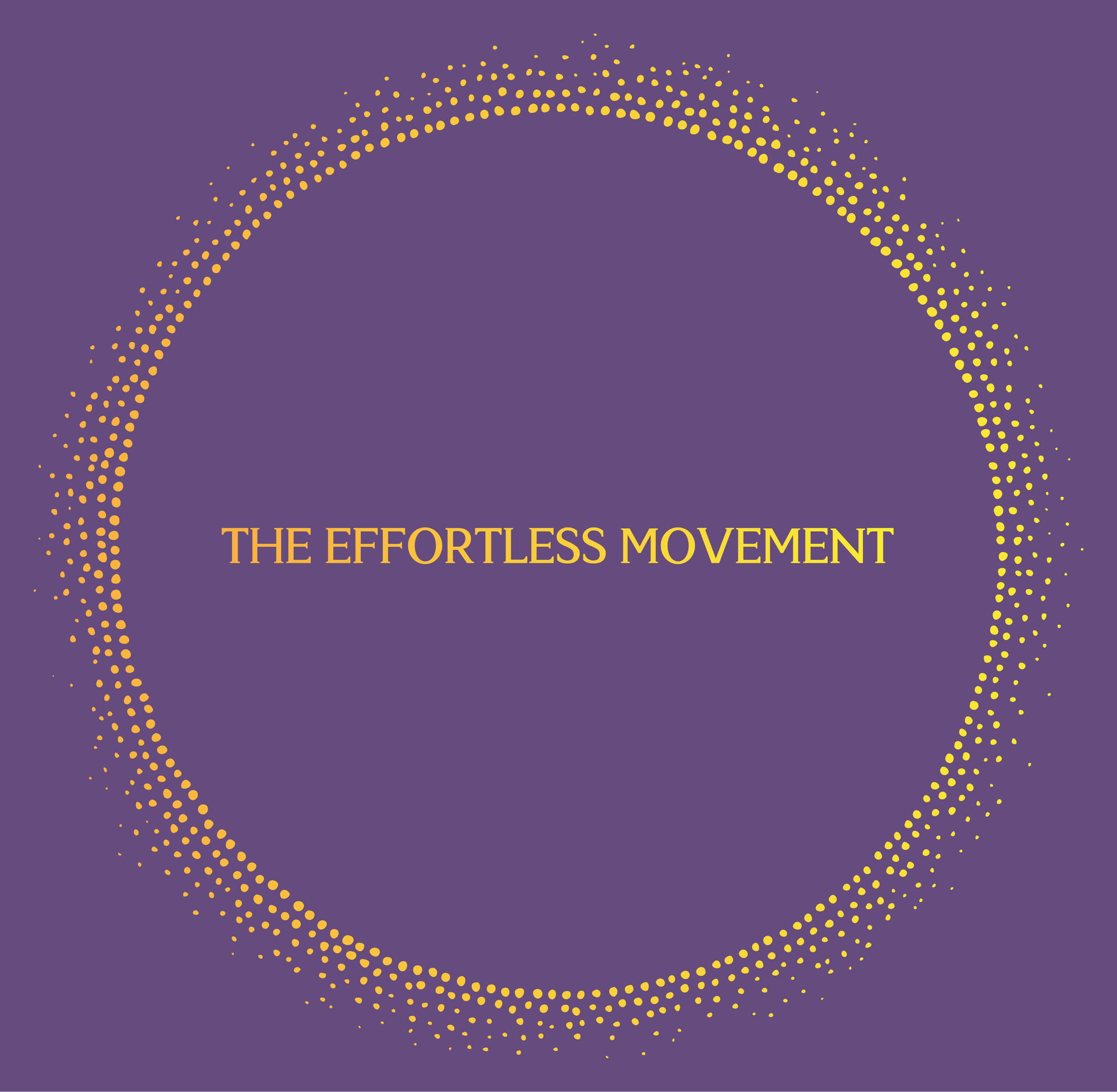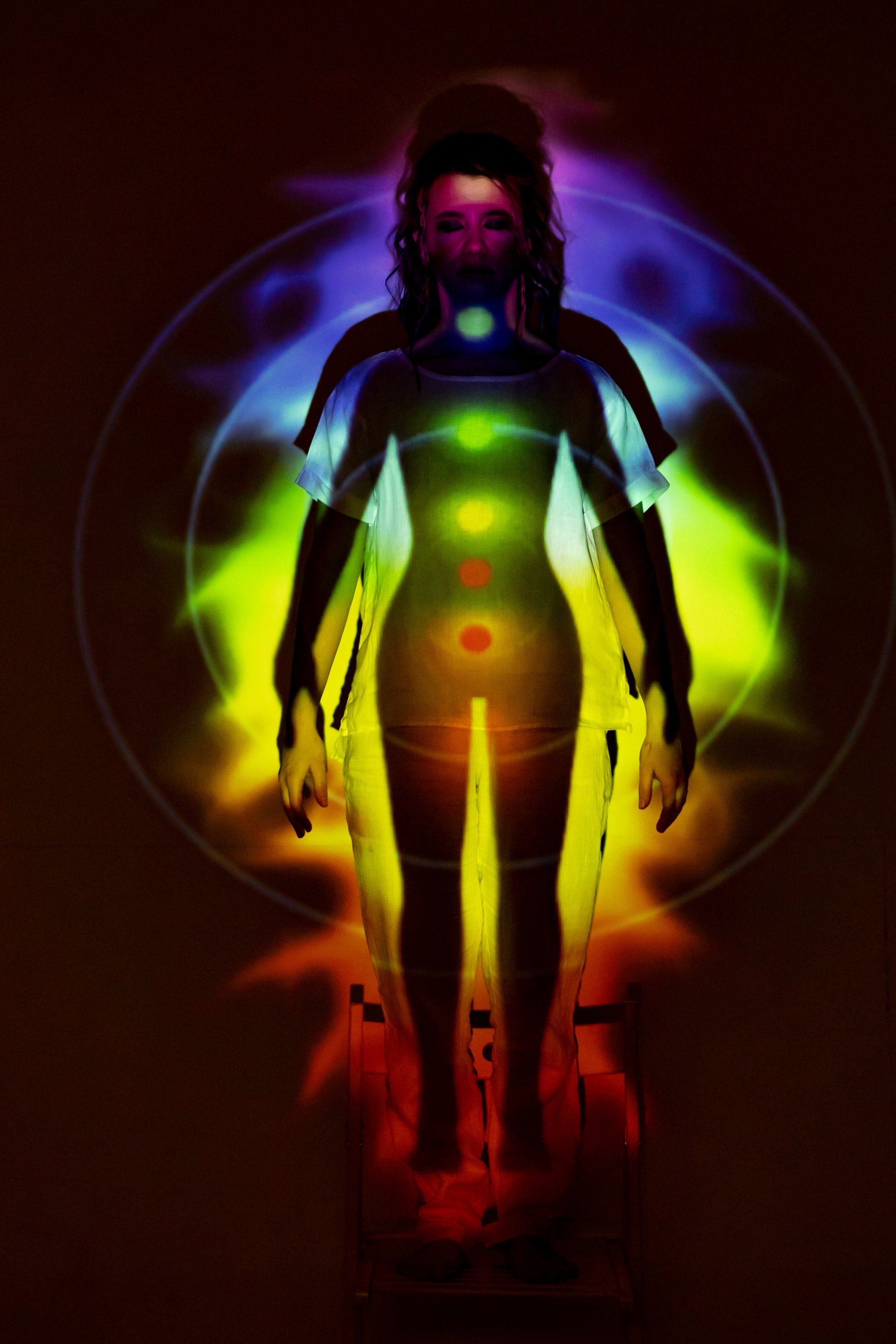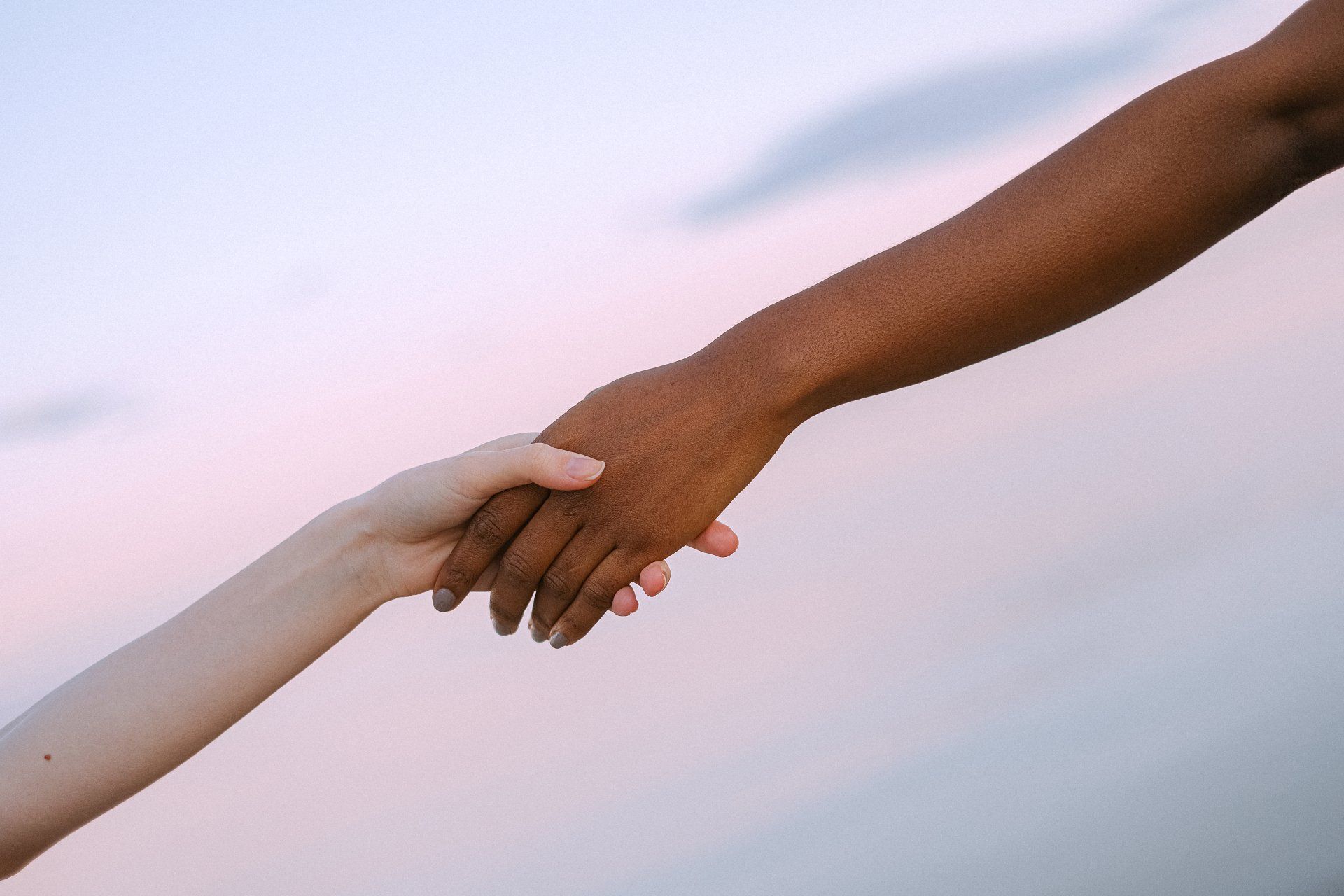Compassion

"You are exhausted, you need some time to recover", she said.
"No, I can keep going. I'll be back at work tomorrow", I stubbornly replied.
"Why is it so hard to admit that your body needs rest?" she asked.
"Standing still and making mistakes feel like failure to me, and that doesn't feel good", I admitted.
"Aren't you allowed to make mistakes?" she asked, surprised.
Why be so hard on yourself?
Where do you begin with showing compassion? When I was burned out, I struggled with this immensely. I didn't know where to start. Gradually, I realized that everything begins with love: first love for yourself and then love for others.
Before I burned out, I quickly moved past my sadness and emotions. I couldn't handle them; feeling them was too heavy and I felt like I lingered in that pain and situation for too long. So, I decided to push my sorrow away faster and made it easier for myself by saying: "Others have it much worse, this isn't so bad." Then I could easily move on without dwelling on my feelings, because for me, "standing still was moving backward." And I did this year after year, until I couldn't anymore and was forced to stop.
Apparently, I had developed this mechanism to avoid feeling and confronting emotion and pain. This led me to focus on doing everything as perfectly as possible so that such moments would occur less often. Making mistakes was not an option for me, and I did everything to prevent them. These kinds of patterns often arise from events and experiences in your life. They cause you to be strict and hard on yourself without even realizing it.
Why can compassion be healing?
During my coaching journey, we talked extensively about "compassion." This was a challenge I struggled with because I wasn't allowed to make mistakes. In the past, this resulted in perfectionist behavior. Under pressure and stress, this behavior became controlling and demanding. Making mistakes felt like failure, like not being good enough, and gave me a sense of exclusion. Although I knew I was a perfectionist, I had never realized how far it could go.
When I burned out, I felt terribly lonely because I felt I had failed. I didn't want to be alone because that loneliness was overwhelming, more intense than I had ever experienced. My breakdown felt like failure, a mistake I supposedly had to learn to live with. At that moment, my coach advised me to show more compassion for myself. It was incredibly difficult to apply this. The only question I had was: How?
During this period of reflection, I was prompted to think about my view of myself compared to others. How can you love others if you don't love yourself? How can you show compassion for others if you can't muster it for yourself? And why do you allow others to make mistakes but not yourself? Then it suddenly hit me that I had been very strict and hard on myself all this time, while I could be gentle with others.
Alongside my coaching journey, I also started meditating. Both have helped me enormously in my journey toward inner growth and self-love. My awareness grew, and I learned to be kinder to myself. The key was to ask myself in those situations: how would I react if it were my child, partner, friend, or mother? Over time, I noticed my self-image changing, and I could look at myself with more compassion. This gave me more confidence and filled me with love, both for myself and for others. I could now experience empathy and compassion on a deeper level simply because I allowed myself to make mistakes and learn from them. I realized that life is not about how others judge your achievements or appreciate your efforts, but about how lovingly you can look at yourself; everything else follows naturally.
"There are no failures, only outcomes. As long as I learn something, I am succeeding."
- Tony Robbins -
The journey to self-compassion, a path leading to inner growth and love, is essential for healing and self-love. By focusing on love for yourself, other aspects of life effortlessly fall into balance: The Effortless Movement.












